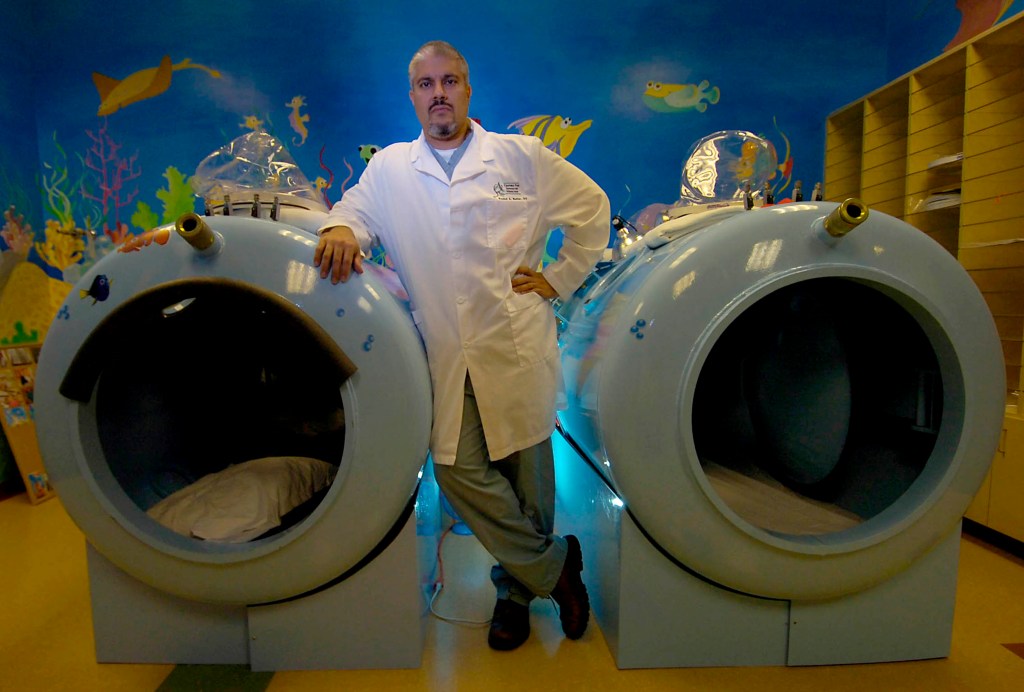In Jordan, about 9 percent of the adult population has diabetes—similar to the rates in the US. But at one Doctors Without Borders clinic in the city of Irbid, roughly half of the refugee patients are diabetic.
“We have in our clinic about 4,000 patients and over 2,000 of them have diabetes,” Dr. Paul van den Bosch, a supervising physician at the Irbid clinics, told me over the phone. About 70 percent of the clinic’s patients are refugees, while the rest are Jordanian.
Videos by VICE
“It’s the single greatest problem, and many of them also have high blood pressure,” van den Bosch said.
Non-communicable disease—illnesses that aren’t transferred person-to-person, such as diabetes, high blood pressure, and asthma—are a global health concern. But among many populations of Syrian refugees, these diseases have become an even greater threat. After escaping war, they’re left facing what are often dubbed “silent killers,” and have unique challenges to getting treatment and care, van den Bosch told me. Though we often think of war injuries and emergency care when it comes to refugee health, these longer term ailments can be just as serious.
Jordan is home to over 650,000 registered Syrian refugees, according to the United Nations refugee agency. These individuals were once allowed to access Jordan’s public health care system for free, but in 2014, the government cut access and required refugees to pay fees to access health care.
Most refugees in Jordan are also unable to obtain work permits, according to the International Labour Organization, making it especially difficult to access necessary care. A survey by CARE, a humanitarian nonprofit, found that almost a third of Syrian families living in Jordan said they couldn’t afford to go to the doctor.
Doctors Without Borders provides care to refugees free of charge, but van den Bosch told me the lack of employment only exacerbates the challenges of treating non-communicable diseases.
“Many of them are not in the position to do the things we would normally encourage our diabetic patients to do,” van den Bosch explained. “Medication is obviously very important, but these are conditions where you need people to change their behavior. But they can’t afford gym memberships. They can’t afford to eat the good food: fruit and vegetables are more expensive. Bread is subsidized. Sugar is very cheap.”
He said mental health issues are also prevalent—many of his refugee patients have lost their homes, their possessions, and even family members. Some have family members back home still, and the stress takes a toll on their mental health, which in turn limits their ability to improve their physical health.
The clinics in Jordan have tried to find ways to work around these obstacles: they’ll do house calls for patients who have had strokes or heart attacks, or have depression, and the clinics offering psychological counseling. But van den Bosch told me it’s frustrating to not be able to do more to help patients who are suffering. Short of top-level political solutions, he said he’s not sure what more can be done.
“In the clinic you see people sitting and you think they look okay, but very often if you ask with any kind of sensitivity how they feel, they burst into tears,” van den Bosch said. “Our capacity to help people is limited, but it’s something.”




